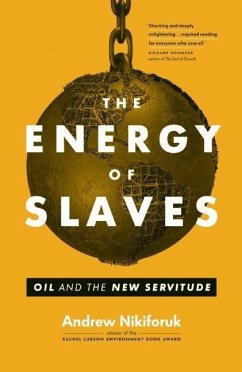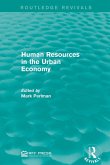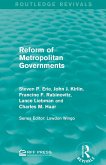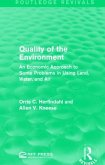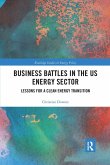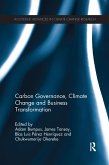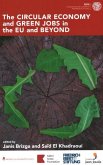Ancient civilizations routinely relied on shackled human muscle. It took the energy of slaves to plant crops, clothe emperors, and build cities. In the early 19th century, the slave trade became one of the most profitable enterprises on the planet. Economists described the system as necessary for progress. Slaveholders viewed religious critics as hostilely as oil companies now regard environmentalists. Yet the abolition movement that triumphed in the 1850s had an invisible ally: coal and oil. As the world's most portable and versatile workers, fossil fuels replenished slavery's ranks with combustion engines and other labor-saving tools. Since then, oil has changed the course of human life on a global scale, transforming politics, economics, science, agriculture, gender, and even our concept of happiness. But as best-selling author Andrew Nikiforuk argues in this provocative book, we still behave like slaveholders in the way we use energy, and that urgently needs to change. Cheap oil transformed the United States from a resilient republic into a global petroleum evangelical, then a sickly addict. Modern economics owes its unrealistic models to fossil fuels. On the global stage, petroleum has fueled a demographic explosion, turning 1 billion people into 7 billion in just a hundred years. Published in Partnership with the David Suzuki Institute.
Hinweis: Dieser Artikel kann nur an eine deutsche Lieferadresse ausgeliefert werden.
Hinweis: Dieser Artikel kann nur an eine deutsche Lieferadresse ausgeliefert werden.

